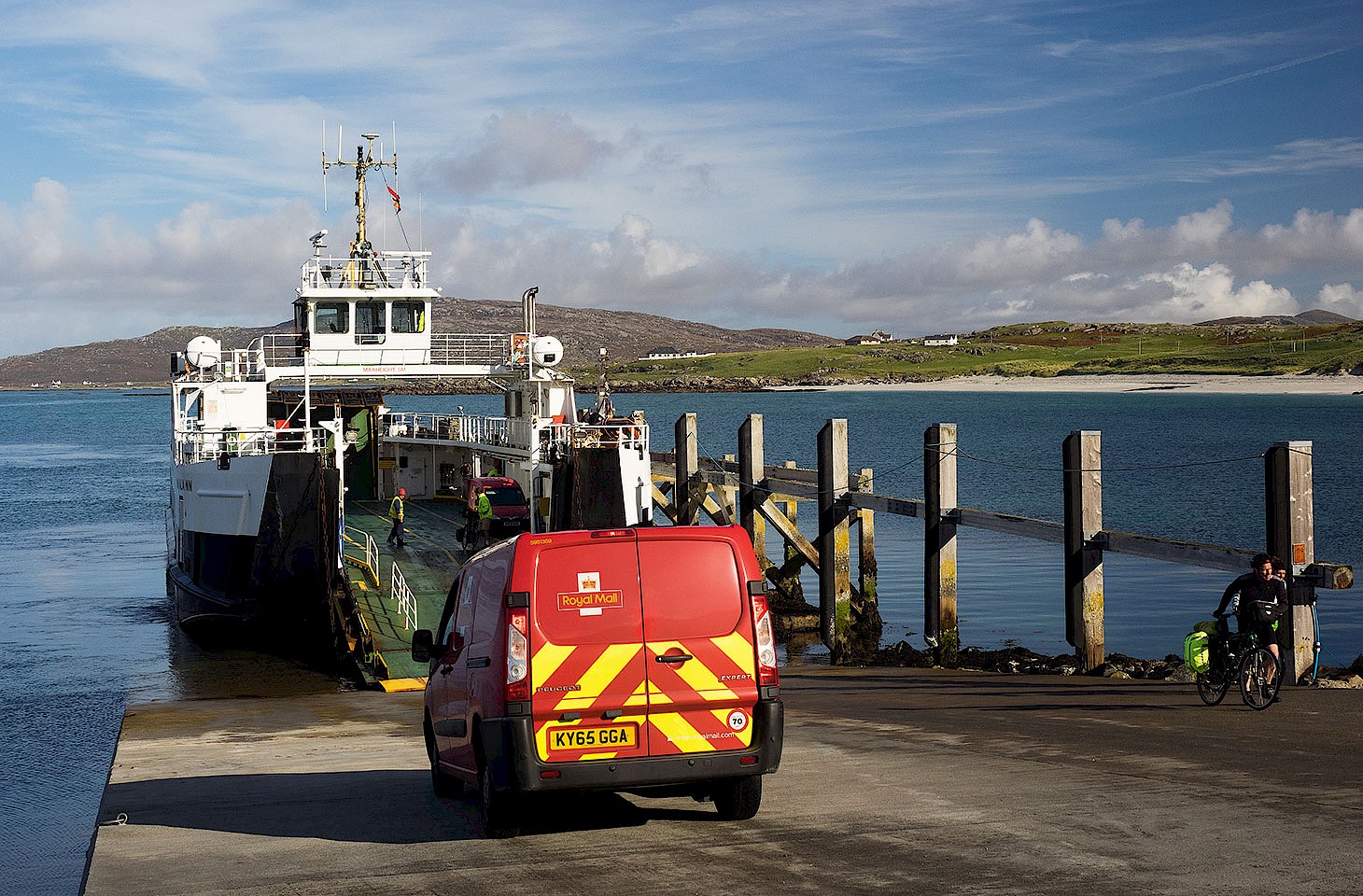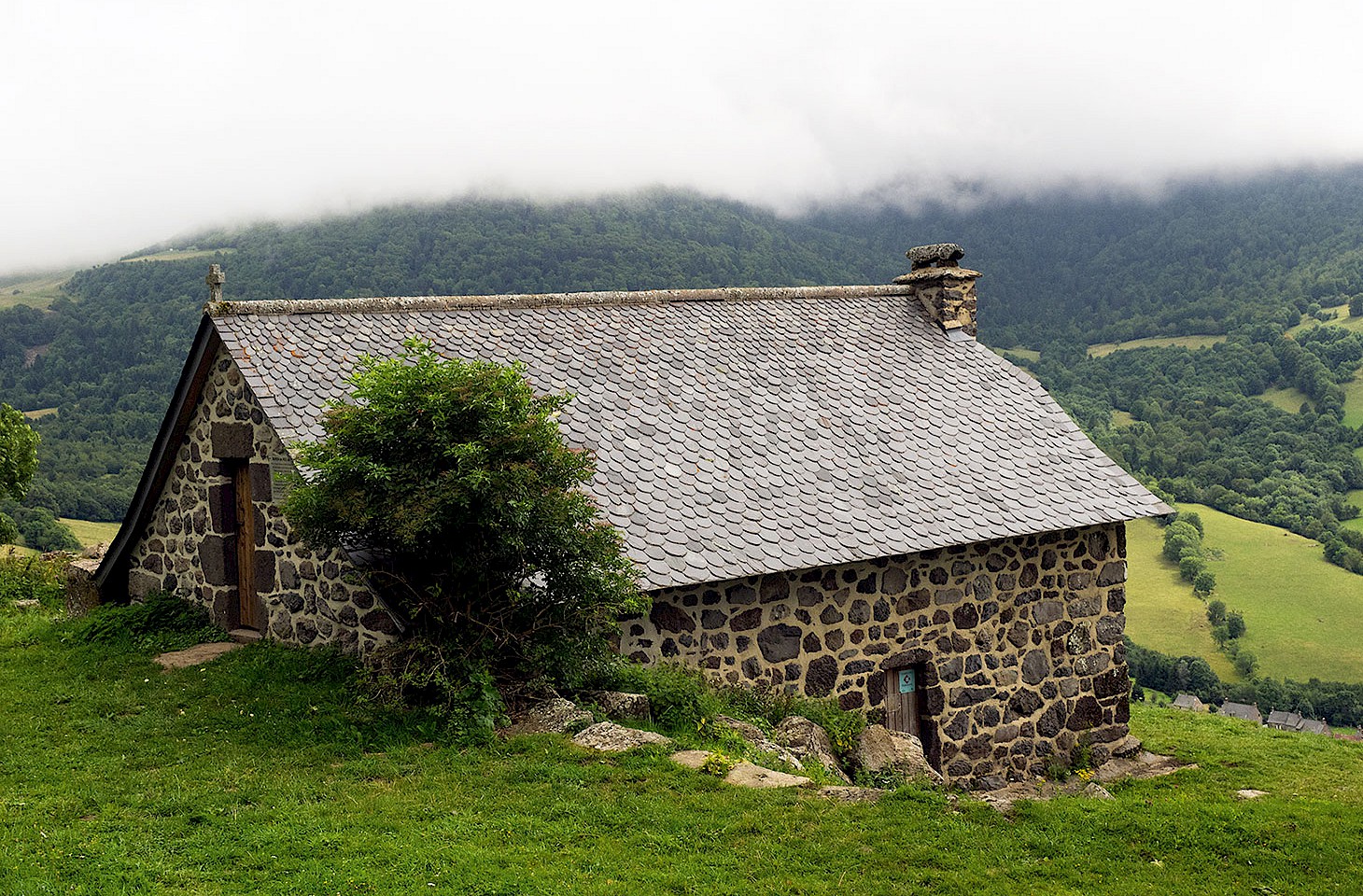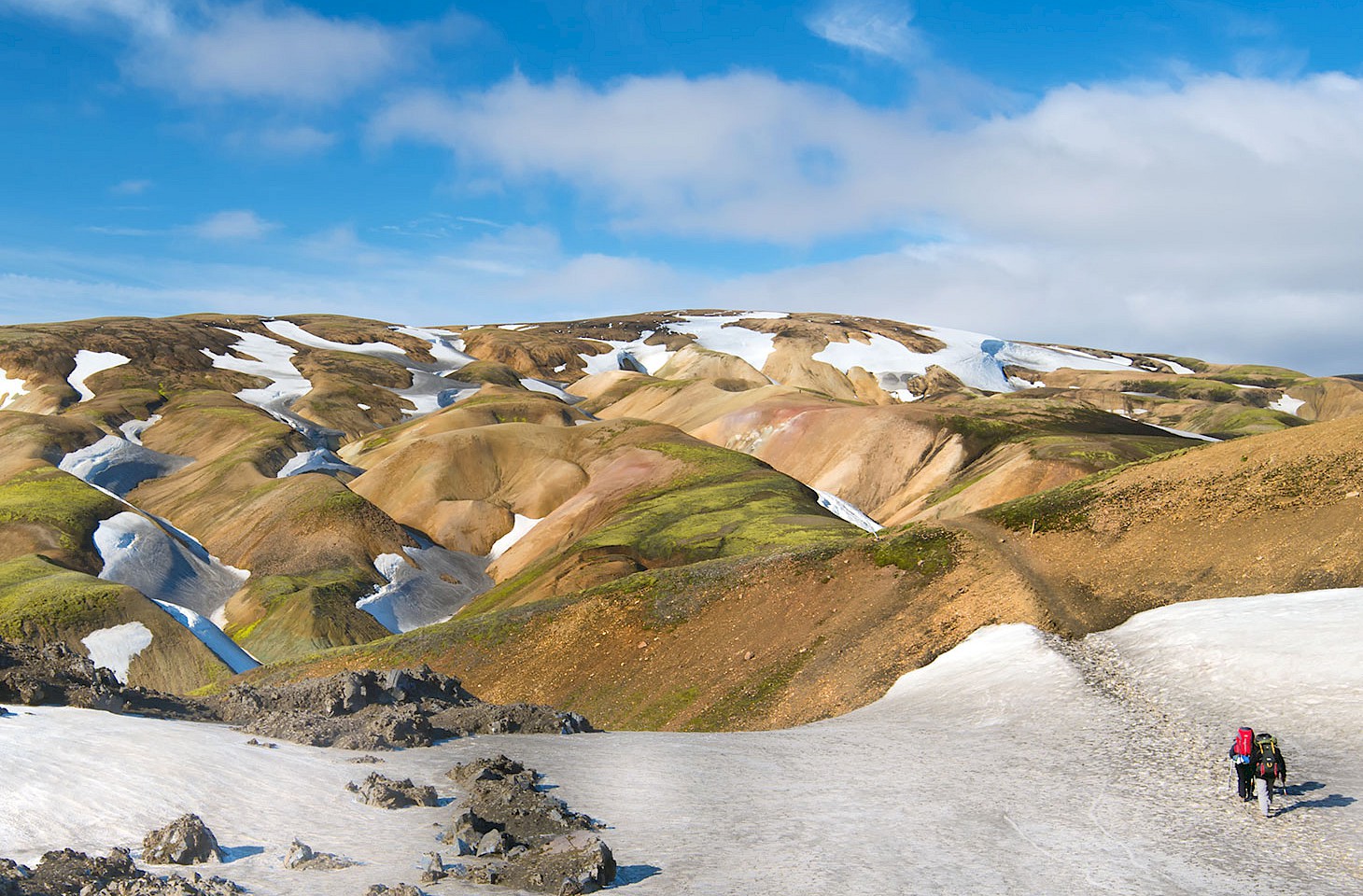Dear fellow travellers
In the picture perfect world of wooden houses and picket fences that is Lutepää (on Estonia's eastern border with Russia), every household has neatly stacked piles of wood ready for winter. The rich autumn whiff of burning wood has already eclipsed summer scents of newly mown grass, and the apples in the little orchards that surround every home are beginning to fall. A half dozen varieties of mushrooms lie carefully sorted at the door of a wooden barn.
This morning, the school bus stopped in the misty sunshine on the gravel road that runs through the middle of the village, as it does every weekday morning, at exactly twenty past seven. Lutepää's three school age children climbed aboard for the ten minute journey to Värska. The road north winds through the birch and pine forests, skirting little lakes and marshy meadows, even crossing very briefly into Russia on the way to school. This encounter with a foreign land is fleeting, requiring no border formalities. The kids may catch a glimpse of Russian soldiers in the forest on either side of the road. For the children of Lutepää, this foray into Russia on the way to school is unremarkable - it is just part of life, and sometimes a little irksome, for the Russian territory may not be traversed by foot or bicycle.
The same gravel road, as it heads south from Lutepää to the Estonian village of Saatse, makes a more determined foray into Russia, crossing the control line (as the locals call it) for glimpses of Russian soldiers crouching in improvised bivouacs, abandoned farmsteads and perhaps even a moose or two. These things are the reality of everyday life in the villages on either side of the control line. Until a few years ago, the inhabitants of Estonian Lutepää used to socialise with their neighbours in nearby Jatsmani, a Russian village just eight hundred metres to the east. Today, the control line separates the two and there is almost no regular contact between these communities.
On both sides of the border, nerves are edgy this week, after the news that Russia has just backed out of the proposed border ratification agreement between the two countries. To the locals the control line is absurd, an artificial product of the break-up of the Soviet Union.
Leaving Lutepää on the gravel road through Russian territory in order to reach other Estonian communities has never been a problem, whether to the north or south. But visits to villages, shops or family graves on the other side of the border now mean impossibly expensive visas and long detours. Such is life in this region of mythical cartography, where a border line makes nonsense of everyday life. Only the moose are free to roam.
nocturnal Europe
Various European railway administrations have devised the most improbably eccentric offer for the month of October, allowing determined travellers to criss-cross Europe, by night trains only, for an all-in fixed fare of €199 in couchettes all the way. Specimen itineraries suggest a gruelling week of hopping from one big city to another, typically arriving at dawn and allowing on average fourteen hours of sightseeing, or sleeping on a park bench, before embarking on the next overnight journey. They propose Cologne - Copenhagen - Munich - Paris - Berlin - Brussels - Warsaw - Cologne, a marathon of seven consecutive nights travelling surely guaranteed to leave the punters wondering whether they should be eating pierogi or croissants today. For those with much more stamina than we could ever muster, further details on www.nachtzugreise.de.




